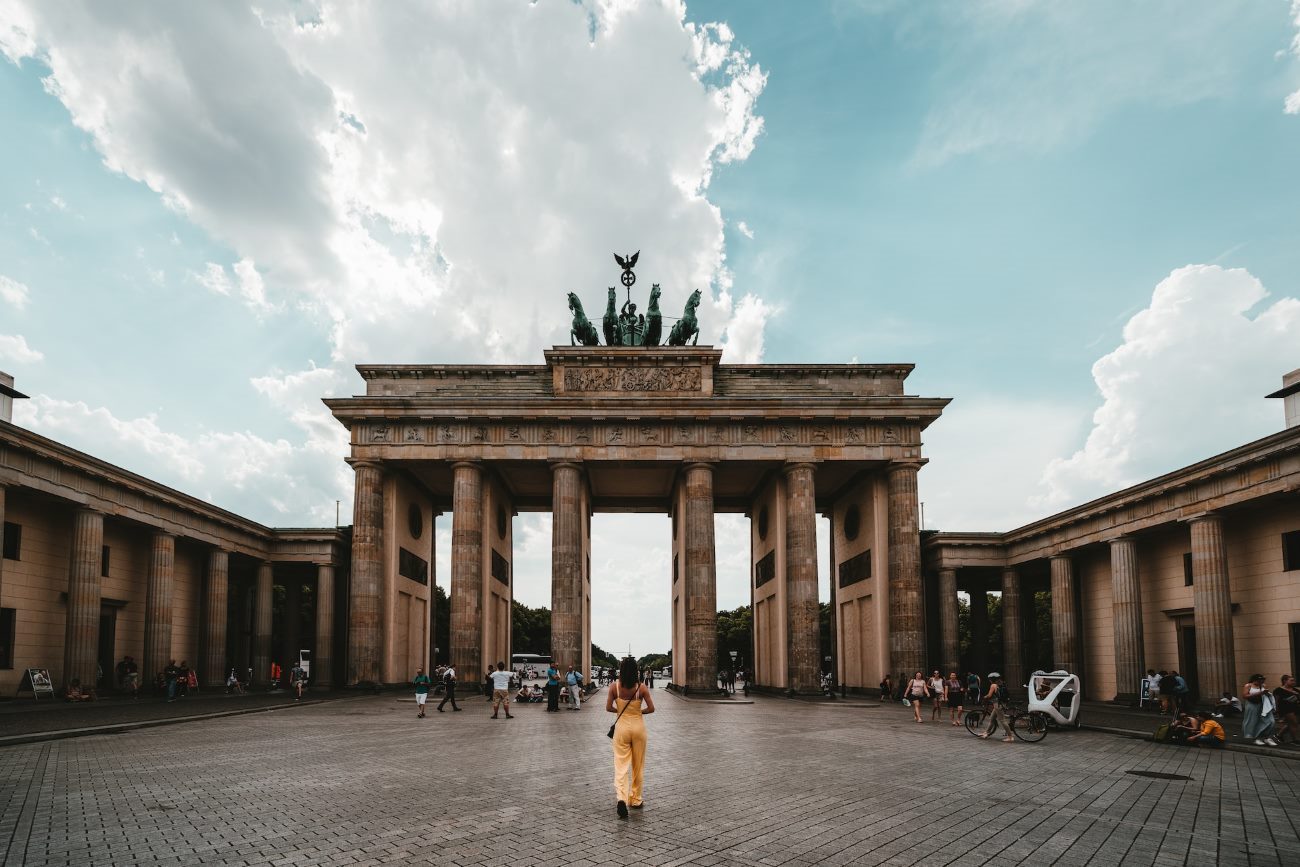How to be a Better Tour Guide
Introduction
The job of a tour guide is one of the most fulfilling professions that enable a specialize in showcasing desired and topical location to tourists. When you are planning to tour either in the cities or the natural setting, there are particular attributes that can assist you in being a great guide. Now, in this article, we will look at various ways that will help you polish on your skills and provide a great experience to your guests.
1. Know Your Destination
For this reason, any professional who is keen on becoming a tour guide must have immense insight on the place he or she is marketing. Ensure that you acquaint yourself with the background and cultural practices as well as other aspects of interest when spotting historical sites and other cultural differences in order to give out the right impressions to the guests. To plan for a visit, make sure to study the possitive routes including the most recommended attractions as well as some of the less-known great spots.
Tip:
A useful liaison guide is to develop a one-page fact sheet/abstract of facts and figures which would assist you in the tours. This will assist you to perform well when asked various questions expected to need some prior knowledge of the subject.
2. Develop Excellent Communication Skills
The Company should ensure that communication to the clients is efficient and clear before going for a tour. As a preparation, ensure that you advance in your enunciation, volume, and eye contact towards the members of your group. Make your language appropriate and your feedback simple by avoiding to use terms that are so complex as to make a beginner in the issue to be explaining to find it hard to fathom.
Tip:
To hold the attention of the guests, make the conversation more informal and the best way of doing this is to call individuals by their names and have more invite questions and answers. It is also important to ensure that your guests gets a personal touch and this is well achieved by the above ideas.
3. Be Enthusiastic and Passionate
The friends and family members can employ and support their excitement in the destination to the guests. That is why it is essential to demonstrate genuine passion to the guests towards history, culture, and natural scenery of the specific area. Use stories and real-life experiences when explaining to enrich the content of the tour and relate to the audience.
Tip:
The things that should stick to this rule included: Instead of reading literacy, use visuals, flash cards and carry out demonstrations or recitations which makes the destination more appealing. Your enthusiasm will be contagious!
4. Build Rapport with Your Guests
It is important to make contact with the guests to avoid_reservedness while in the course of the tour. It is necessary to find out their names, attempt to hear in their questions and concerns, and offer specific advise and inputs.
Tip:
Thus, you should engage the guests in an ice breaking session or else organize group discussions throughout the event. This increases the common rapport among the guests and lets them easily interact with each other.
5. Adapt to Different Learning Styles
As it is seen, people have a certain inclination while perusing knowledge . The individuals can be classified into the following learning types: visual, auditory, and kinesthetic. In order to cater for all students, you ought to combine different techniques in your tour. Use maps, pictures, objects, or even paintings, tell and present interesting and meaningful stories and use any interactive methods where possible.
Tip:
They are as follows: Before each tour the observer shall take some time to judge the group dynamics before changing the manner of delivery and the content used. This means if there is individual response consider everyone as a different case so as to manage to capture all the people in the room so that none is left feeling that he or she is not important.
6. Be Prepared for the Unexpected
As it goes with any profession, one has to expect that there will be a number of challenges in the course of tour guiding. As for flexibility, this experienced applicant also seems capable of handling any changes, be it the weather, an oil price fluctuation, or an organization’s decision to close down. Always make sure that you have found out any other options that are available in case your initial plan fails as well as ensure that you are composed always when faced with such situations.
Tip:
As this information shows, even small things can be important when it comes to care. Pack a first aid kit, enough water per person, any required permits or tickets for the members in your group. Minimize time wastage by identifying any possible challenges and/ or conflicts and come up with the relevant counter measures.
Conclusion
Therefore, practice is the key factor to mainly in addition to the knowledge and passion that is needed to become a successful guide. Understanding your destination of travel, utilizing good communication skills, expressing positiveness, establishing interpersonal relationship, identifying the behavioral styles, and embracing the uncertainties shall ensure your guests have an enjoyable and memorable tour. It is important to always keep in mind that a tour guide’s work is all about connections, curiosity and memories.
Table of Contents



